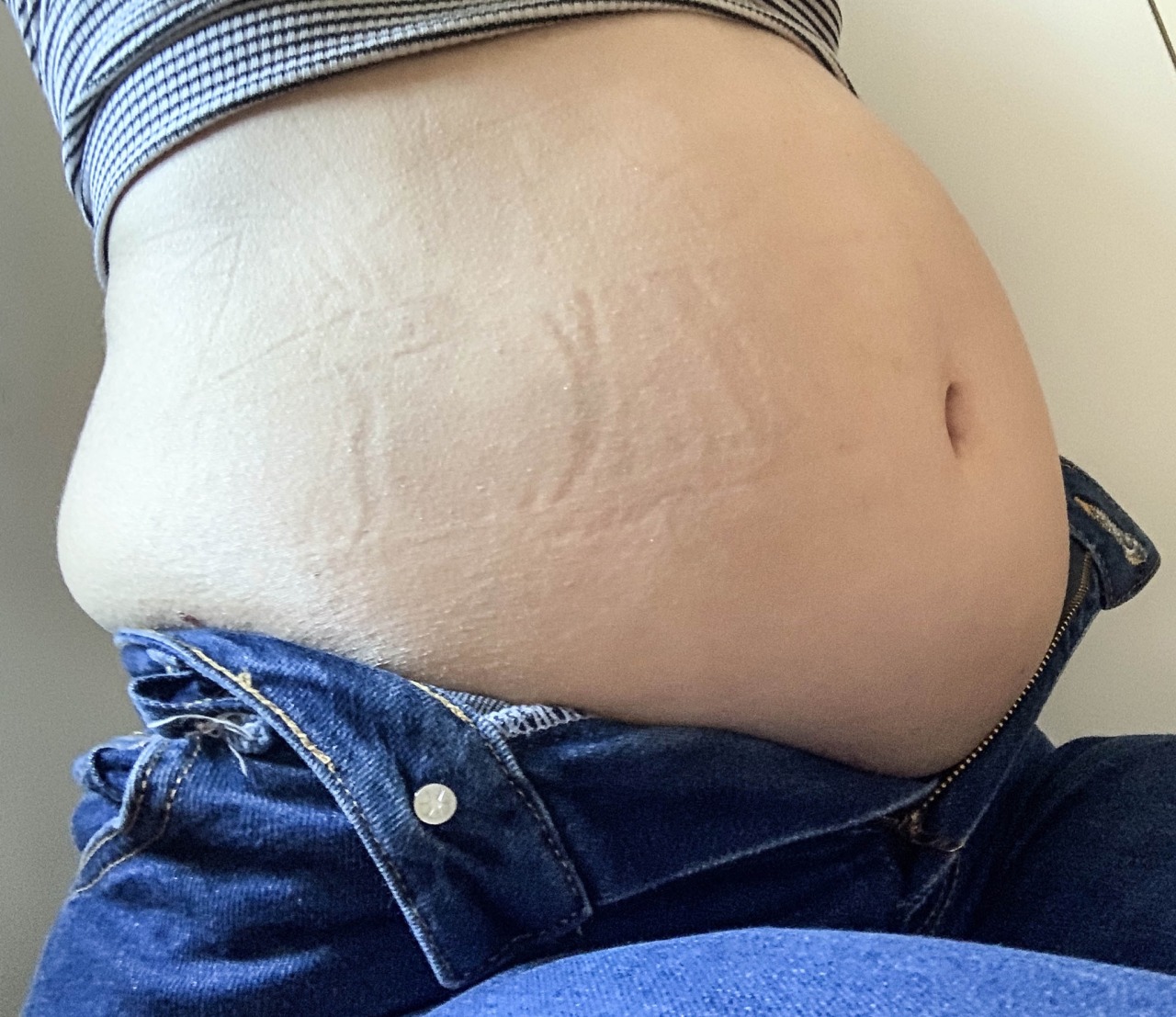

- #Dmesh full picture too big software#
- #Dmesh full picture too big code#
- #Dmesh full picture too big license#
In 1992, several months after the release of Net-2, William and Lynne Jolitz wrote replacements for the six AT&T files, ported BSD to Intel 80386-based microprocessors, and called their new operating system 386BSD. The BSD developers decided to release the "Networking Release 2" (Net-2) without those six files.
#Dmesh full picture too big code#
However, six files containing AT&T code remained in the kernel. Work on replacing AT&T code began and, after 18 months, much of the AT&T code was replaced. After releasing Net-1, Keith Bostic, a developer of BSD, suggested replacing all AT&T code with freely-redistributable code under the original BSD license. In June 1989, "Networking Release 1" or simply Net-1 – the first public version of BSD – was released.
#Dmesh full picture too big license#
But since BSD contained code from AT&T Unix, all recipients had to first get a license from AT&T in order to use BSD. The BSD project was founded in 1976 by Bill Joy.
#Dmesh full picture too big software#
They called this modified version "Berkeley Unix" or " Berkeley Software Distribution" (BSD), implementing features such as TCP/IP, virtual memory, and the Berkeley Fast File System. Supported by funding from DARPA, the Computer Systems Research Group started to modify and improve AT&T Research Unix. In 1974, Professor Bob Fabry of the University of California, Berkeley, acquired a Unix source license from AT&T.

Main article: FreeBSD version history Background Much of FreeBSD's codebase has become an integral part of other operating systems such as Darwin (the basis for macOS, iOS, iPadOS, watchOS, and tvOS), TrueNAS (an open-source NAS/ SAN operating system), and the system software for the PlayStation 3 and PlayStation 4 game consoles. A wide range of additional third-party applications may be installed from binary packages using the pkg package management system or from source via FreeBSD Ports, or by manually compiling source code. The FreeBSD project includes a security team overseeing all software shipped in the base distribution. the project delivers a kernel, device drivers, userland utilities, and documentation, as opposed to Linux only delivering a kernel and drivers, and relying on third-parties for system software FreeBSD source code is generally released under a permissive BSD license, as opposed to the copyleft GPL used by Linux. įreeBSD has similarities with Linux, with two major differences in scope and licensing: FreeBSD maintains a complete system, i.e. In 2005, FreeBSD was the most popular open-source BSD operating system, accounting for more than three-quarters of all installed and permissively licensed BSD systems. The first version of FreeBSD was released in 1993.

Monolithic with dynamically loadable modulesįreeBSD License, FreeBSD Documentation LicenseįreeBSD is a free and open-source Unix-like operating system descended from the Berkeley Software Distribution (BSD), which was based on Research Unix. Servers, workstations, embedded systems, network firewalls


 0 kommentar(er)
0 kommentar(er)
